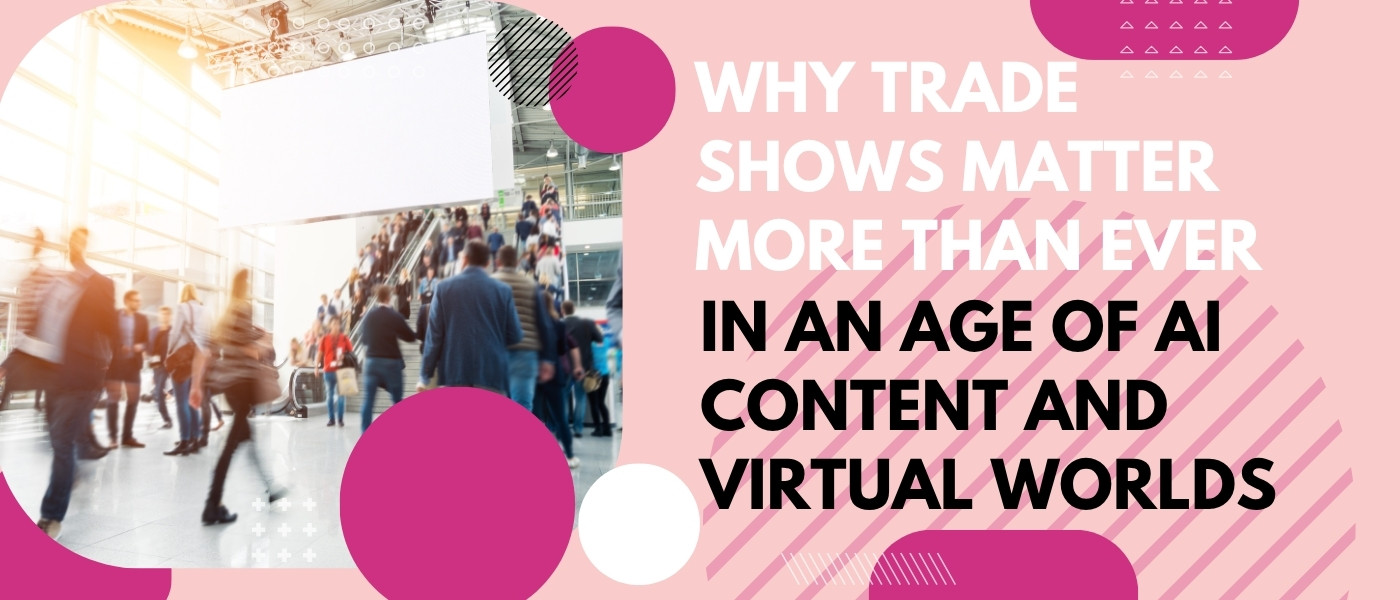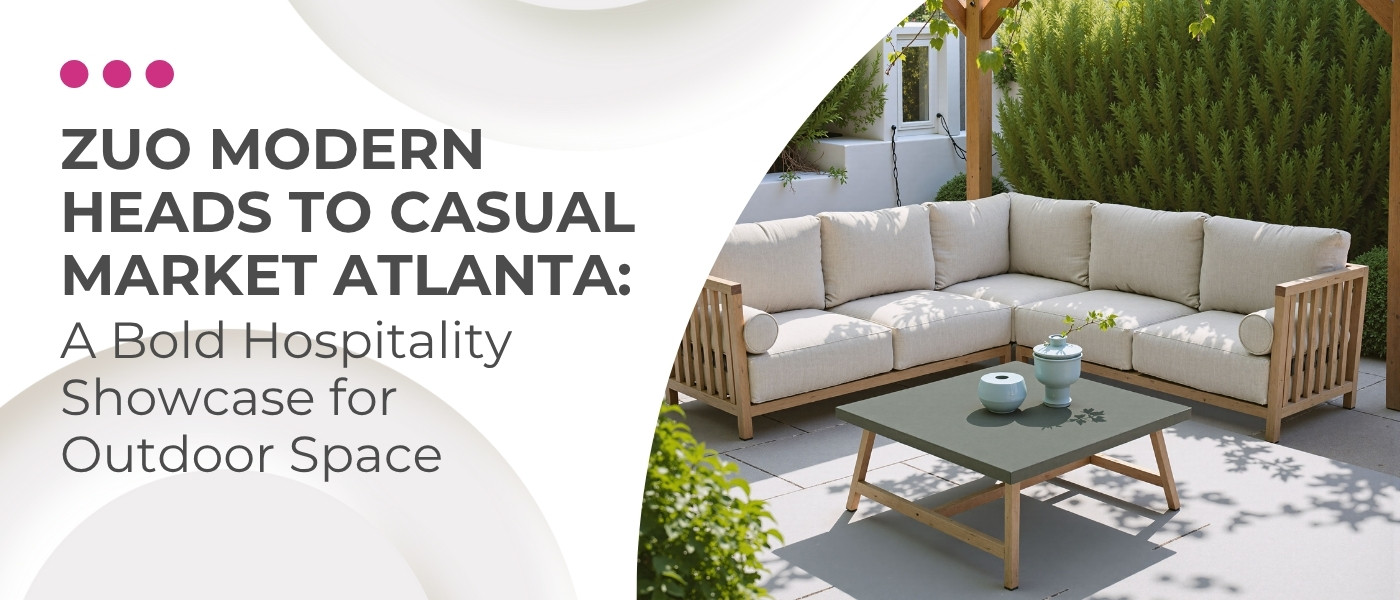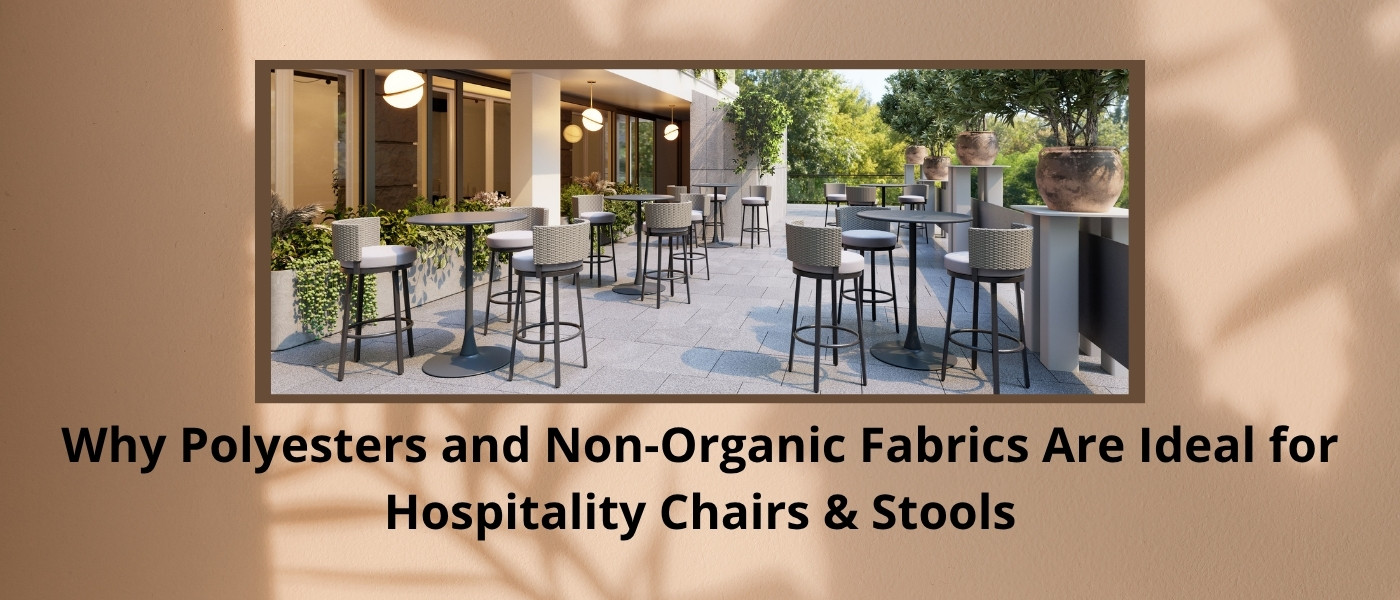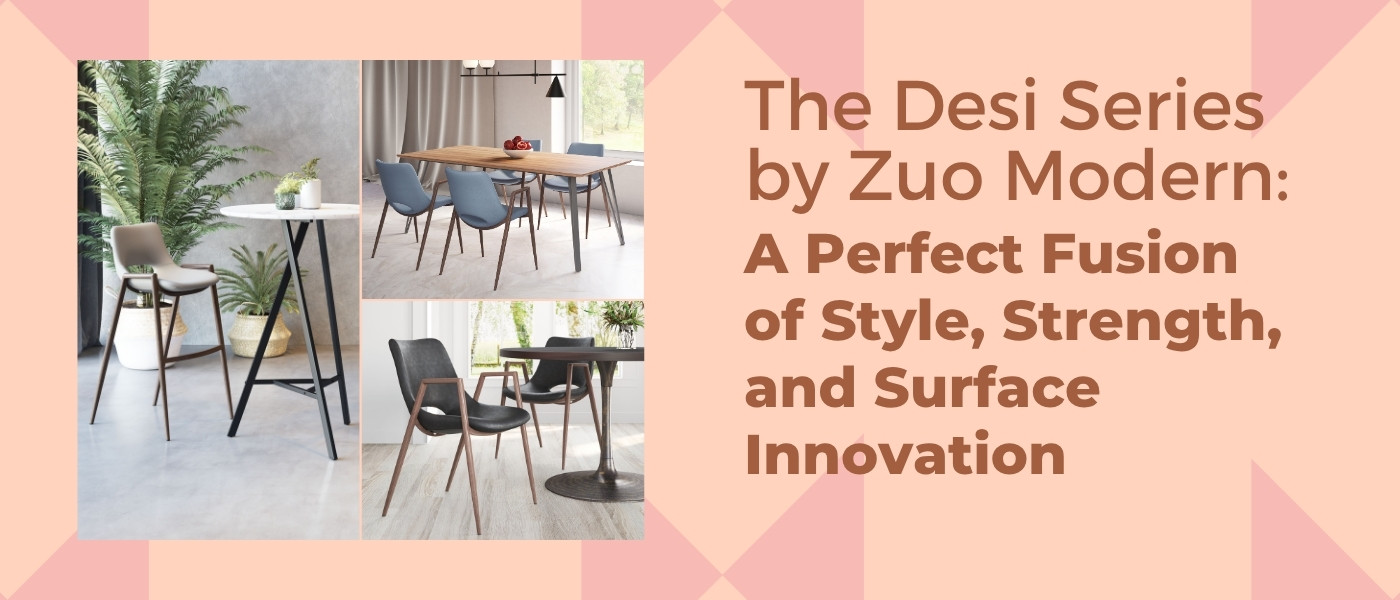Why Trade Shows Matter More Than Ever In an Age of AI Content and Virtual Worlds
Why Trade Shows Matter More Than Ever In an Age of AI Content and Virtual Worlds

Why Trade Shows Matter More Than Ever—In an Age of AI Content and Virtual Worlds
We’ve entered a digital era where artificial intelligence can instantly generate marketing copy, renderings, virtually stage showrooms—even fabricate realistic video previews. Everything is accessible with the click of a mouse. But in this flurry of hyper-realism and AI driven immersion, one truth becomes resoundingly clear: nothing replaces the invaluable experience of being there in person. Just as live shows can’t be replicated by recordings, trade shows enable real-world connections—to sight, sound, atmosphere, and touch—that digital media simply cannot deliver. For a furniture brand like Zuo Modern, that tactile, face-to-face experience is fundamental.
1. AI Generated Content Lacks Sensory Reality
Zuo Modern acknowledges that AI tools—like ChatGPT—can draft marketing assets and virtual staging. But they caution this easily generated content often lacks soul—an emotional layer only humans can provide. The same applies to AI-generated renderings of furniture. They might look perfect on screen, but they don’t allow designers, buyers, or hospitality clients to touch, feel , and experience materials:
- Is this fabric as soft, durable, or water resistant as advertised?
- Do the cushions have the right density and back support?
- How does the finish shift under different lighting?
These tactile cues are what people rely on when specifying hospitality furniture—needs that AI can illustrate, but not satisfy.
2. The Live Trade Show Disruption
Trade shows are no longer just another marketing activity—they’re a strategic necessity, especially after extended digital-only periods. When Zuo Modern previously joined events such as:
- High Point Market (October 2024), debuting their bedroom collection amid significant foot traffic and immersive interaction
- Lofty Design Expo 2025 , exhibiting “over 300 new products” in Miami and connecting with hospitality and retail professionals
the results were undeniable: real-time feedback, brand engagement, and business acceleration.
Now, with AI-generated content saturating feeds, these in-person moments provide a meaningful alternative—a sense of reality and authenticity that AI’s illusion lacks.
3. Human Sensory Experience: A Conversion Engine
Trade shows allow prospects to evaluate firsthand whether:
- The cushions truly feel ergonomic.
- The upholstery holds against liquid exposure.
- The finishes feel refined, not plastic.
Once this sensory link is forged, decision-making accelerates. It’s no surprise that over 70% of attendees report a higher intent to buy after meeting brands face-to-face. For tactile category products like furniture, that link isn’t just valuable—it’s essential.
4. Building Emotional Connections and Trust
In a sea of AI generated content, authenticity becomes a rare attribute—and consumers notice:
- Zuo’s blog post on AI emphasizes that machine-generated text often “feels generic, hollow, and uninspired.”
- Personal stories—about how designs respond to hospitality use, how materials were chosen for durability, how warp-resistant frames were engineered—create resonance only conveyed in person.
That emotional depth, embedded in human interactions, bolsters brand identity and fosters loyalty. You can’t replicate human passion in a PDF or an AI clip.
5. Sales-Driven Face-to-Face Opportunities
Trade shows aren’t just about impressions—they’re active sales engines:
| Benefit | Impact at Trade Shows |
|---|---|
| Immediate leads | Clients can place bulk orders on-site |
| Pricing conversation | More credible than email quotes |
| Customization insights | In-person dialogue leads to better-tailored solutions |
| Partners & sourcing | Networking on the floor accelerates supply chain discussions |
Zuo’s own experiences at High Point and Miami’s Lofty Expo helped convert interest into contracts fast, by enabling live demos, order conversations, and strategic meetings.
6. Live Events vs Virtual Events
Digital showrooms surged during COVID. Zuo launched a Las Vegas Virtual Showroom in January 2025, which helped expand reach and offer 24/7 access. That’s useful—but the virtual world can’t replicate the full event immersion:
- Ambient sounds, booth textures, human architecture.
- Flow of attendees and spontaneous networking moments.
- Sensing scale: how a lounge space or bedroom vignette actually feels in reality.
Just as there’s no substitute for live music compared to online clips, trade shows deliver real-world context that AI curated catalogs and 3D tours can’t recreate.
7. Staying Ahead in a Crowd
AI is flattening content—digital assets are everywhere. The showroom, the booth, and the in-person pitch now become defining differentiators.
- AI can copy features, but cannot replicate salesmanship, presentation dynamics, or in-person storytelling.
- Face-to-face demos allow Zuo to show hospitality-grade finishes and discuss sourcing choices live—echoing their own strategy in diversified manufacturing.
Human-tuned narratives stand out when digital noise is uniform.
8. Education, Trends & Relationship Building
Beyond product transactions, trade shows serve as:
- Learning hubs: Zuo leverages events like High Point Market to share trends, training, and market insights.
- Peer exchange: With thousands of design professionals convening, serendipitous conversations create future opportunities.
It’s one thing to read about trends—another to exchange them in person.
9. The Future of Zuo’s Marketing Mix
Zuo Modern believes in a hybrid strategy: AI supports productivity, but human input remains essential:
- Drafts, staging ideas or trend outlines can start with AI—but every piece is refined by their marketing team.
- Similarly, virtual showrooms offer accessibility—but are complemented by physical presence at strategic trade fairs.
This layered approach balances efficiency and authenticity.
10. Looking Forward: Where We Go From Here
In the digital-immersive age, trade shows offer three strategic capabilities:
- Sensory Validation: Ensuring tactile and material authenticity.
- Emotional Differentiation: Creating human moments amid AI-generated uniformity.
- Conversion Efficiency: Turning real-time demo opportunities into confirmed deals.
As AI-generated content proliferates, the value of being actually present grows stronger. Zuo Modern invites hospitality and design professionals to reconnect on a human level at upcoming trade events.
Final Takeaways
- Tactile matters—fabrics, finishes and forms need in-person verification.
- Trust comes from authenticity—AI can’t replicate human passion.
- Conversion happens faster—on-the-floor deals outpace email follow-ups.
- Education and networking thrive live—you can’t replicate spontaneous conversation online.
- A hybrid strategy wins—Zuo uses both AI and live presence to stay current and connected.
About Zuo Modern
Zuo Modern is a global brand offering a full range of stylish, affordable furniture for residential, office, and hospitality spaces. Known for its fast shipping, broad inventory, and design-forward collections, Zuo supports industry professionals with tools that make sourcing simple and dependable.
Email us at hello@zuomod.com with any questions.
Or give us a call at 510-877-4087 (Mon–Fri: 5:00 AM–5:00 PM PT)



